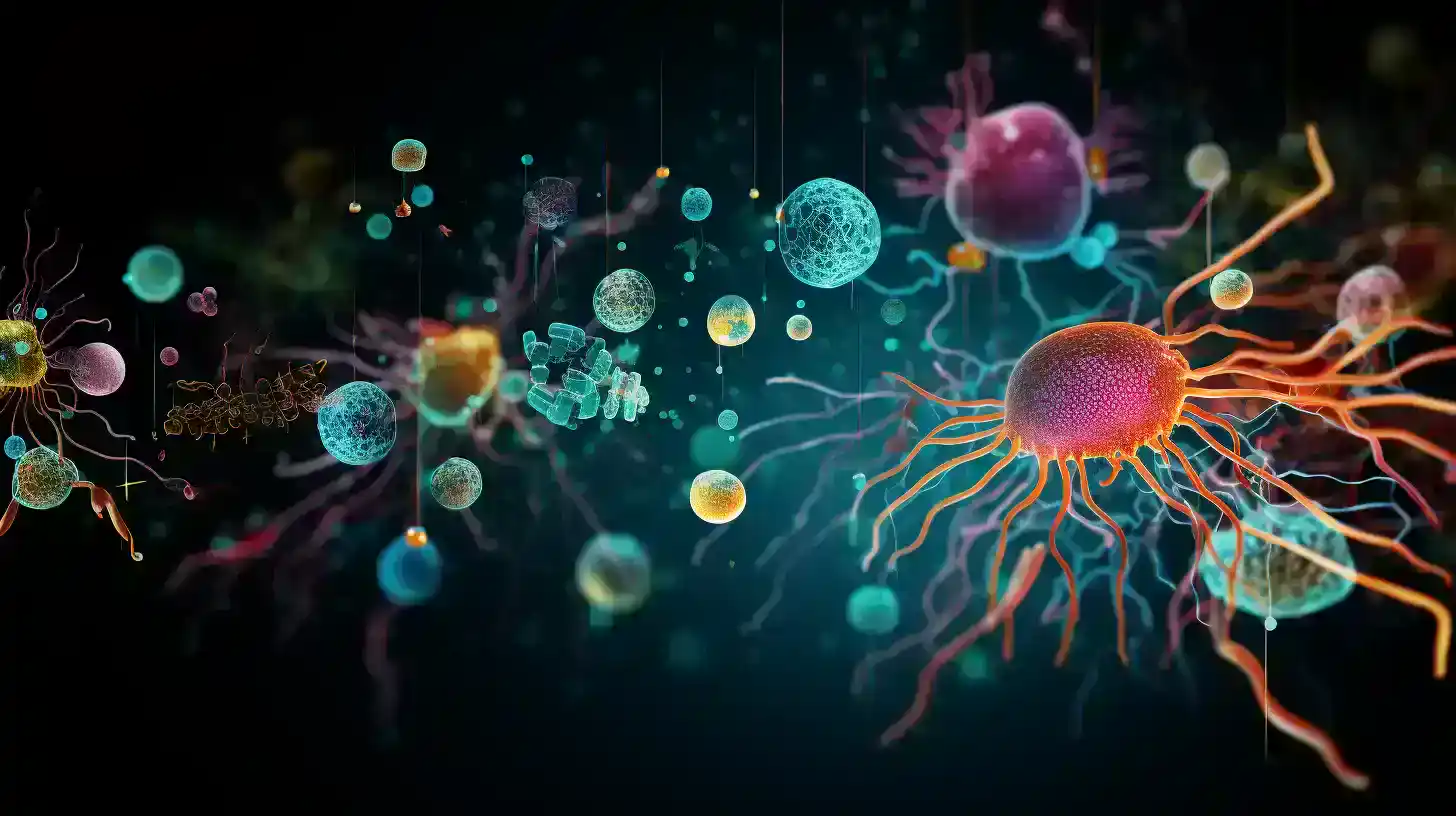Table of Contents
Summary: Artificial Intelligence advancement
The identification of Artificial Intelligence advancement in microorganisms that cause infections and diseases is crucial in healthcare. The diagnosis plays a significant role in this process. Artificial Intelligence advancement systems have the potential to enhance disease management, drug development, antibiotic resistance prediction, and epidemiological monitoring in microbial diagnosis.
By utilizing Artificial Intelligence advancement, infections, including new and drug-resistant strains, can be rapidly and accurately detected. This enables early identification of antibiotic resistance and improved diagnostic techniques. The primary focus of AI in bacterial diagnosis lies in its ability to provide fast, precise identification of pathogens and predict antibiotic resistance.
Preface & Origins

The identification of microorganisms through techniques such as culture, molecular analysis, and imaging is a crucial aspect of microbial diagnosis in healthcare. However, traditional methods often encounter problems such as sample handling, difficulty in culture, incorrect identification, and delays in treatment.
The use of Artificial Intelligence advancement has revolutionized microbial diagnostics by providing faster and more precise findings. AI-driven algorithms can analyze advanced data sets to detect infections rapidly, anticipate disease outbreaks, and improve treatment approaches and outcomes. However, ethical considerations such as patient privacy, algorithmic biases, data security, transparency, and equal treatment must be addressed.
As policies and ethical regulations for Artificial Intelligence advancements are implemented in healthcare, it can play a crucial role in providing precise, individualized diagnoses while ensuring patient rights and access to medical devices. This review aims to analyze the use of AI in microbial diagnosis.
Analysis
Microbial diagnosis plays a crucial role in healthcare by identifying microorganisms responsible for infections and diseases. Detection techniques include cultivating bacteria and fungi on appropriate growth media, isolating viruses through cell culture, and characterizing the infectious agent through biochemical, antigenic, or genetic means.
Alternatively, specific immune responses, such as antibodies, can also aid in identifying infectious diseases. In some cases, visualization of the infectious agent within infected tissue can provide a diagnosis based on distinctive morphological attributes. However, conventional methodologies are known for their protracted timelines and demanding labor requirements.
Contemporary approaches require swift, cost-effective methodologies, often relying on molecular techniques like PCR. Accurate diagnosis begins with proper sample collection, transport, and storage, which are crucial for subsequent test results. These findings are essential in developing effective therapeutic strategies.
Obstacles faced in conventional microbial diagnosis
Microbial diagnosis in Artificial Intelligence advancement, an essential aspect of modern medicine and microbiology, encounters various challenges throughout the diagnostic process. One of the initial hurdles is the collection and transportation of samples, which is crucial for accurate diagnosis. The process commences with the collection of clinical specimens.
However, ensuring the proper and timely collection and transportation of these samples to the laboratory presents a significant challenge. Artificial Intelligence advancement: Mishandling, improper storage, and delays in transport can jeopardize the viability and integrity of microorganisms within the sample, leading to unreliable diagnostic outcomes.
Subsequently, the culture and isolation of microorganisms are considered a primary traditional diagnostic method. However, this process is time-consuming, as it takes a considerable amount of time to obtain culture results. Improper cultivation of microbes also increases the risk of obtaining false negative results. Moreover, the excessive use of antibiotics in clinical practice can further hinder the growth and isolation of specific organisms.
AI’s function in enhancing microbial diagnosis
The utilization of Artificial Intelligence advancement in the analysis and identification of microbes has transformed the field, resulting in faster and more dependable outcomes compared to traditional methods. AI algorithms have the ability to scrutinize genomic data, assisting scientists and medical professionals in identifying pathogens, predicting antibiotic resistance, and even discovering new microbial species.
Additionally, machine learning models can enhance the speed and precision of microbial diagnosis by rapidly analyzing intricate data patterns. The application of AI in microbe diagnosis has become an indispensable and multifaceted tool that encompasses pattern recognition, prediction modeling, and the improvement of microbe analysis efficiency.
AI-powered algorithms have revolutionized the field by examining vast datasets of microbial information and detecting patterns and anomalies that would be difficult for human analysts to identify quickly and accurately. This ability for pattern recognition is particularly crucial in the early detection of infectious diseases, where prompt identification of viral species and their transmission patterns can inform effective containment strategies.
AI plays a pivotal role in predictive modeling, utilizing historical data to forecast microbial behavior and guide future decision-making.